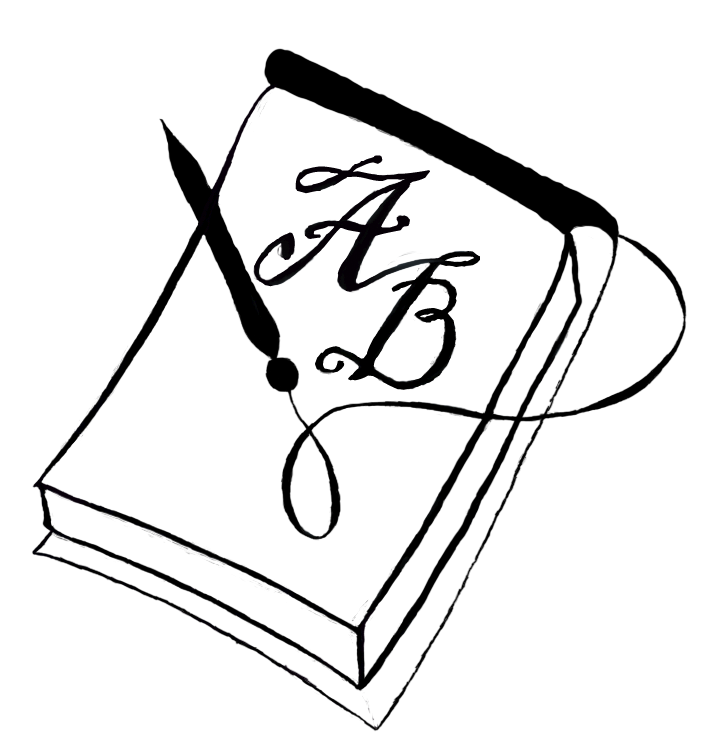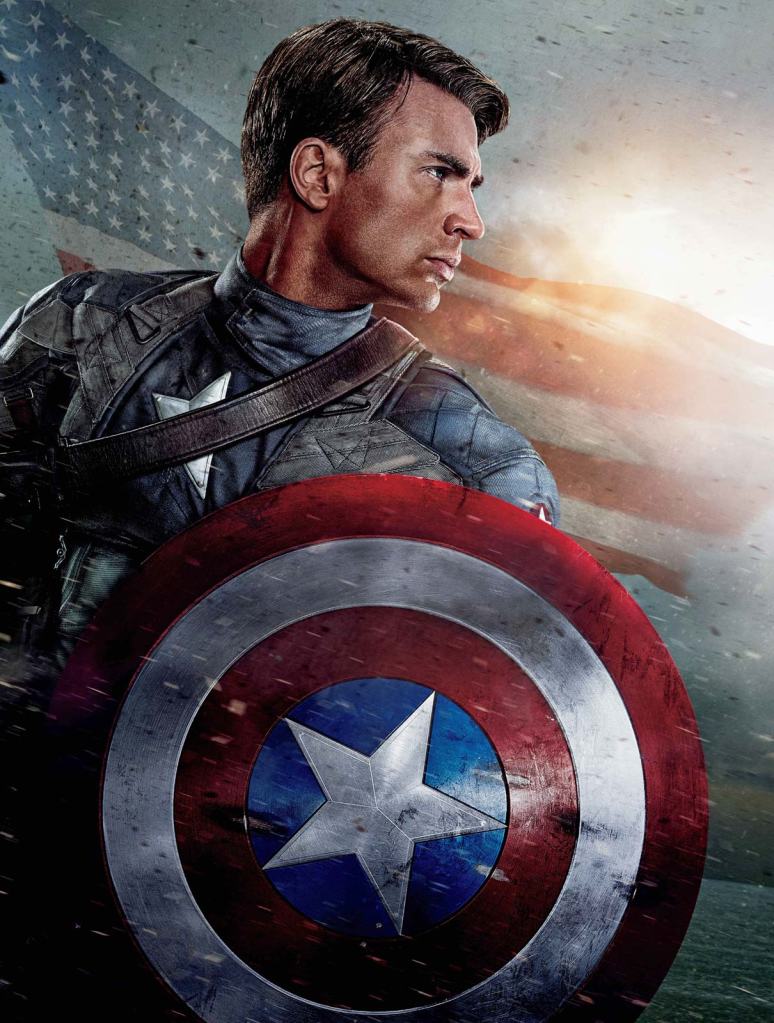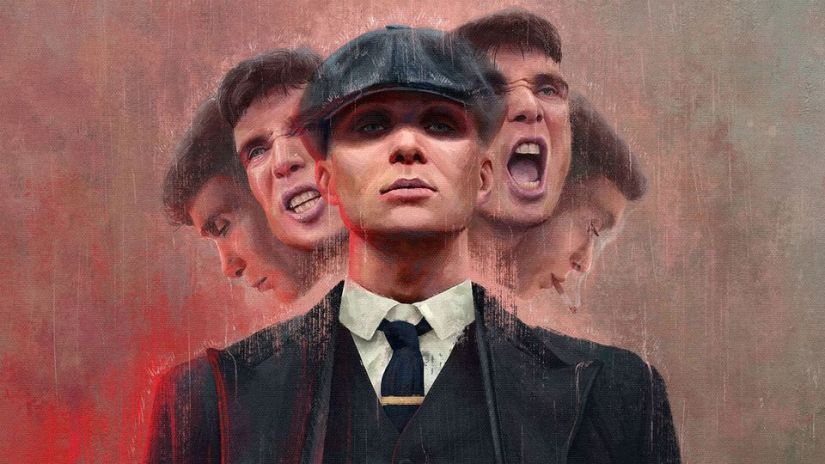The media landscape in regards to violent masculinity is more violent than ever, despite the wave in the diversity of representation in said media. There has been an influx of new representations of men, from queer men to men that just don’t fit the mould of a “manly man”, or even representations that straight up flip the script what a real man is. For example, the most recent Axe and Gillette advertisements which arguably fight against the narrative of toxic masculinity. One could also argue that this is simply a marketing tactic to seem “woke” in order to make a profit.
While the media has worked to at least pretend to acknowledge that men are more than “tough guise”, they have introduced complex male characters that arguable more violent than ever. These male characters are flawed- they have vulnerabilities. But these flaws and vulnerabilities only serve as a way to further the story and feed the violence in whichever form of media they are being presented in. For example, Captain America from the Marvel cinematic universe, Tommy Shelby from Peaky Blinders, and John Wick.
These Characters’ flaws often revolve around love, romance, and loyalty. They’re vulnerabilities then, are they’re family, friends, partners, etc. However, these vulnerabilities exist to further the story arc. For example, Captain America may grapple with his loyalty and love towards a friend and his morals and values and his conclusion to deal with the conflict is to resort to violence (as seen in Captain American: Civil War). John Wick’s weakness is his dog and the love he has for it. In this case, the dog only acts as a catalyst for a violent, bloody path for revenge. Tommy Shelby’s “weakness” is his love for his family, and also his love interest. Whenever either of these things are seriously threatened, he deals with it through some form of violence, directly or directly.
Video game content is also getting increasingly violent, thanks to both the improvement in graphics and the demand for more violence from audiences. Video games started as Pong and PAC Man and have evolved into addicting ultra-violent, gory and graphic methods of storytelling. That’s not to say we can’t enjoy video games, but we as a society should still be critical and analyze the content of this prevalent method of storytelling.
Violent game compilation
That’s not to say these forms of media cannot be enjoyed, but society as a whole should sit down and take a minute to reflect on what this level of violence and the toxic masculinity narrative is doing to men as a whole.
With that being said, not all the blame should be put on the media. The hazards of violence, toxic masculinity, and charade of the “tough guise” need to be addressed in society as a whole. While the media does influence society’s views, we as a culture need to change the narrative of what it means to be a man.

We need to address the impacts of these harmful ideas and shift the paradigm for what it means to be a man. Men don’t have to be just tough guys or manly men, they should be allowed to authentically express themselves. We need to see more representations in media and we need to accept these other expressions of masculinity within our own cultures.
The media has started introduced these other representations of men, from queer men to men who can actually process their own emotions and act accordingly, instead of resorting to violence, but we need to see more of that. We need to normalize other versions of what it means to be a man.

Maybe the “wussification” of our society isn’t a bad thing. What if instead, it allows men to learn self-love, emotional processing, and that vulnerability doesn’t need to be a bad thing? Would that really be so bad?




